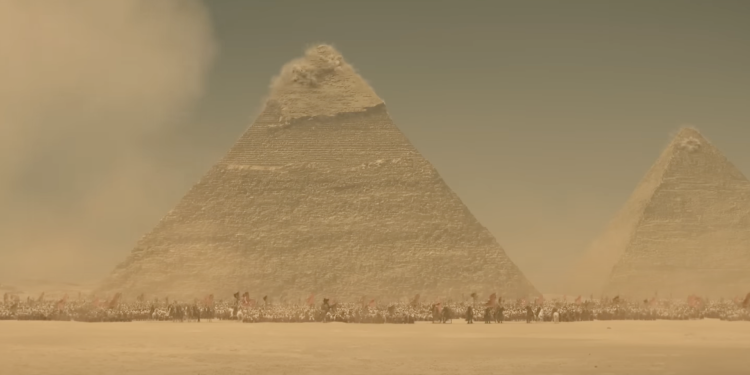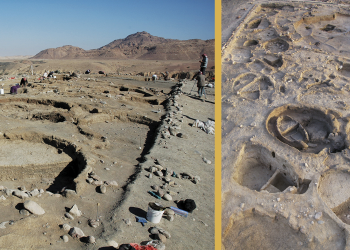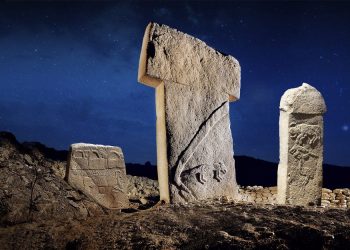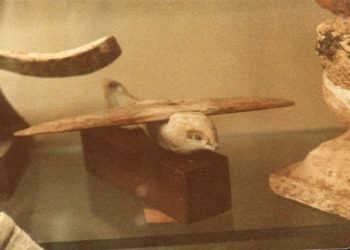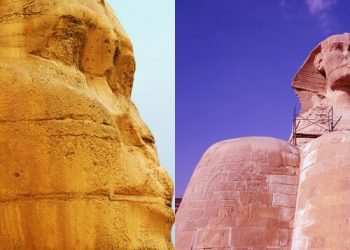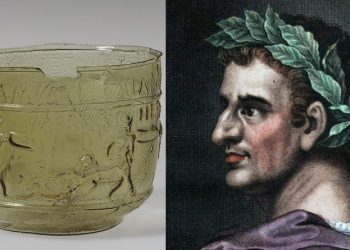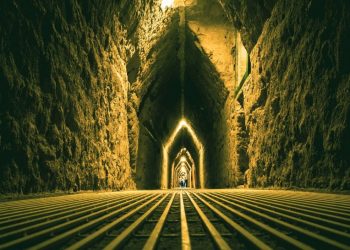I am a true history lover, and I am very, very excited about the movie about Napoleon Bonaparte. Not only will we be able to delve into the life of this incredible historical figure, but we will also have the opportunity to learn more about his various campaigns, including, among other things, the invasion of Egypt. But how much of the movie is accurate? The latest trailer has raised a few questions. The latest offering from acclaimed director Ridley Scott has set the historical curiosity alight. The question at the center of it all: Did Napoleon Bonaparte really shoot at the ancient pyramids of Giza?
Napoleon on the Silver Screen
Slated for a November 22, 2023 release, Scott’s film delves into the complex life of the self-proclaimed French emperor. The portrayal by Joaquin Phoenix and Scott’s masterful direction—known for films like “Gladiator” and “The Fall of the Black Hawk”—stand out. The recently unveiled trailer, with gripping dialogues and the thunderous roar of cannons, promises a thrilling ride.
Historical Accuracy Questioned: Did Napoleon Really Shoot at the Pyramids at Giza?
A sequence that caught the eye depicts French troops targeting the iconic Giza pyramids, followed by Napoleon gesturing towards a frozen enemy army base. But did Napoleon’s artillery truly target a pyramid, or is this an instance of artistic liberty by Scott and screenwriter David Scarpa? Why would Napoleon want to destroy the pyramids?
Delving into History
Historical facts confirm Napoleon’s invasion of Egypt in 1798, with a key battle unfolding near the pyramids. Rumors even suggest he spent a night within a pyramid. However, historical accounts do not support the claim that Napoleon’s forces aimed their cannons at these ancient structures. If a pyramid had been damaged, wouldn’t someone have noticed in the past 225 years? We surely would have noticed that, and it would be widely documented.
Napoleon’s Fascination with the Pyramids
As per historical novelist Shannon Selin, Napoleon harbored a scientific curiosity about the pyramids rather than destructive intentions. He even supposedly challenged his troops to climb them, with mathematician Gaspard Monge emerging as the victor. Napoleon once calculated that the pyramid blocks could construct a 10-foot wall around France, a calculation Monge reportedly confirmed despite having consumed brandy.
While Scott’s cinematic choice may not adhere strictly to historical accuracy, it does provide a visually compelling metaphor. From vaporizing revolutionaries to assaulting historical embodiments, the director ensures his message is potent and unmistakable.
PLEASE READ: Have something to add? Visit Curiosmos on Facebook. Join the discussion in our mobile Telegram group. Also, follow us on Google News. Interesting in history, mysteries, and more? Visit Ancient Library’s Telegram group and become part of an exclusive group.



